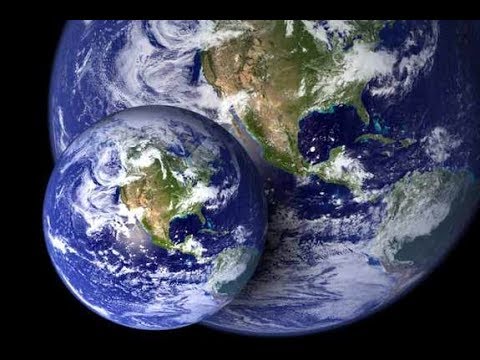


WASHINGTON D.C. – Astronomers with the National Aeronautics and Space Administration have announced the ground-breaking discovery of a planet similar to Earth only 20 feet away from our own planet.
“It has water, oxygen, a warm climate, and the atmosphere necessary to sustain all forms of life as we know it,” said Dr. Kurt Manfred, Director of the Department of Planetary Sciences with NASA, “we spent so long looking for so-called Goldilocks zones in other solar systems that we neglected to look at our own.”
“We’ve decided to call the newly discovered planet “Clementia” – the Roman Goddess of Mercy – in honour of the begging we are going to have to do to our superiors to explain all the money we spent on previous failed searches,” Dr. Manfred continued.
Scientists are at a loss for how an enormous planet could have gone unnoticed for so long but have come up with a few possible reasons. First and foremost, they point out that space goes in all sorts of directions and it just gets sort of tricky the more you think about it. They also suggest that maybe Clementia was on the other side of Earth when we turned on our telescopes. Most blame the possibility that the whole planet was always looking at the wrong part of the sky at the wrong time.
“Yeah, we kind of goofed up here. One day, Dave just turned his head and looked up and to the right a bit and was like “Whoa! Did you guys see this?!” and that’s how we found it,” Manfred explained.
Interestingly, the concept of an entire planet located mere feet from Earth has been theorized by science fiction writers over the years, including the famed novels “The Earth Right Over There” by H.G. Wells, and “Obvious Planet” by Isaac Asimov.
Missions to visit the new planet are already being planned to take place in 2046 or maybe earlier if a sufficiently stable ladder can be found. NASA believes that it is too early to know what astronauts can expect to find on the planet other than the fact that they will probably be able to be home for dinner that same night. Early probes to the planet are not expected to be costly since NASA simply needs to find someone who can throw real good.
“This is such a wondrous discovery and we can’t wait to fully explore this new land only metres away from our own,” Manfred said, “if all goes well, our next excursion will see us sending explorers to Mars or maybe even one of the four new moons we just noticed the other day.”
At press time, Russia was taking the early steps in a new space race by constructing a very large trampoline.


